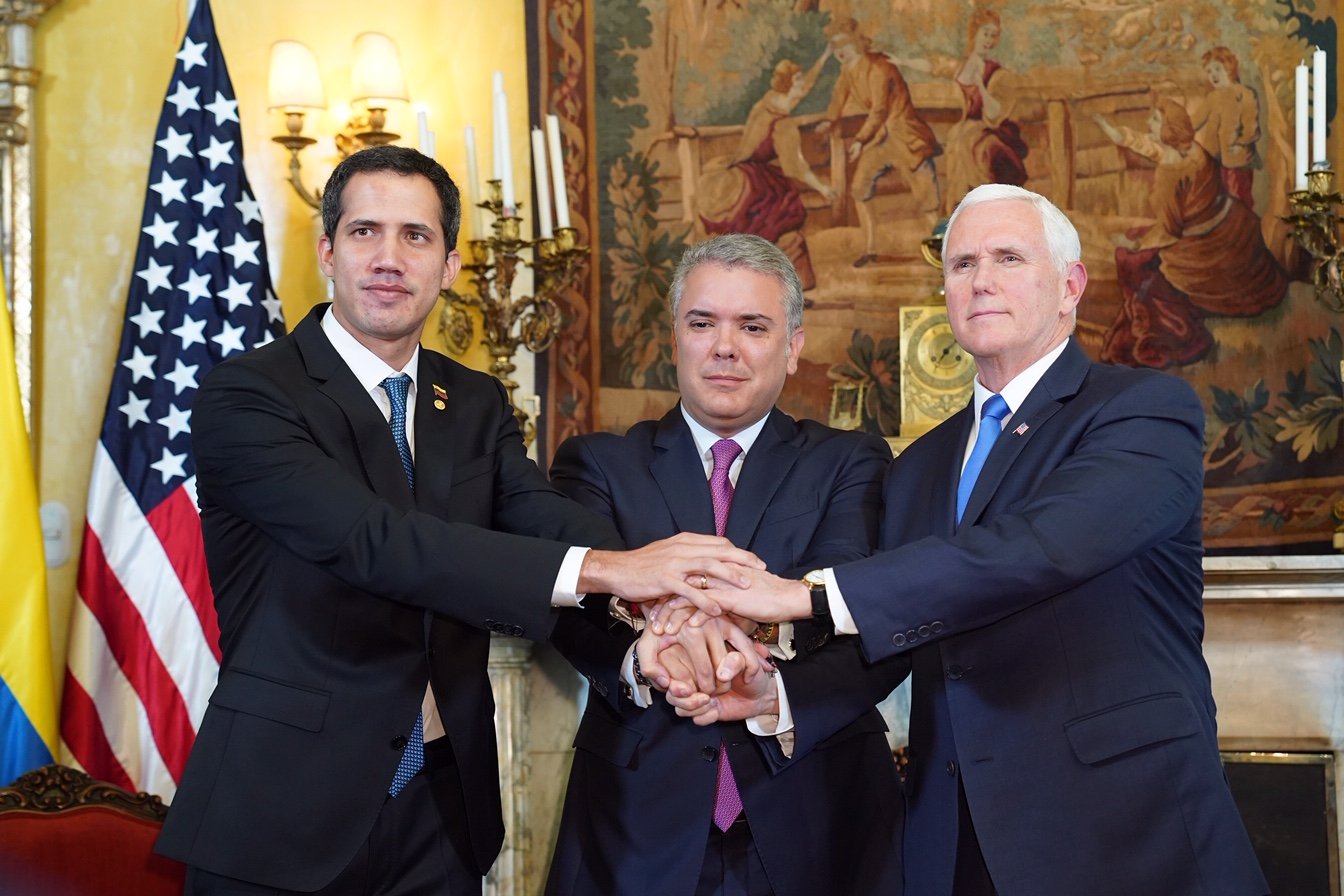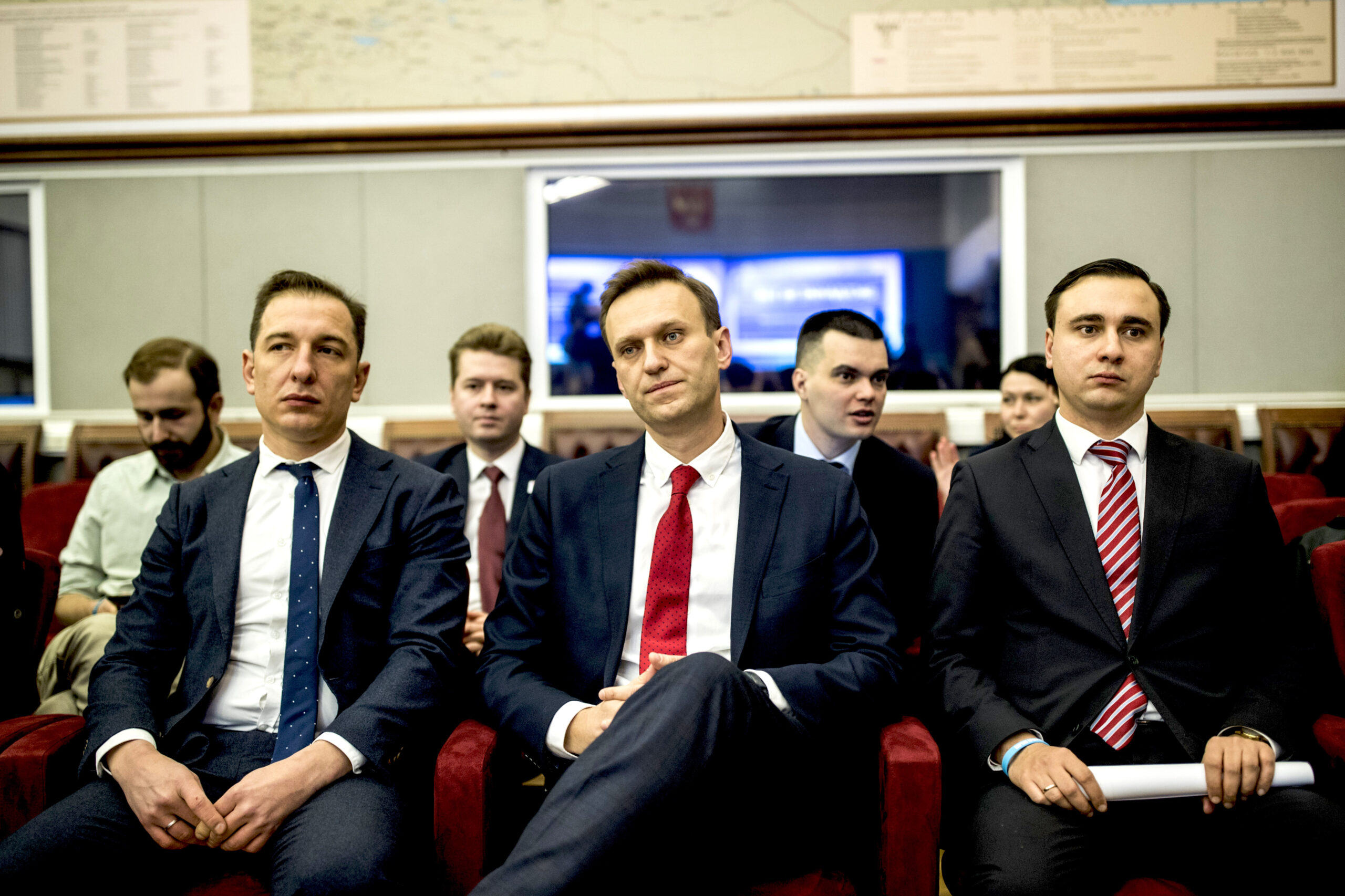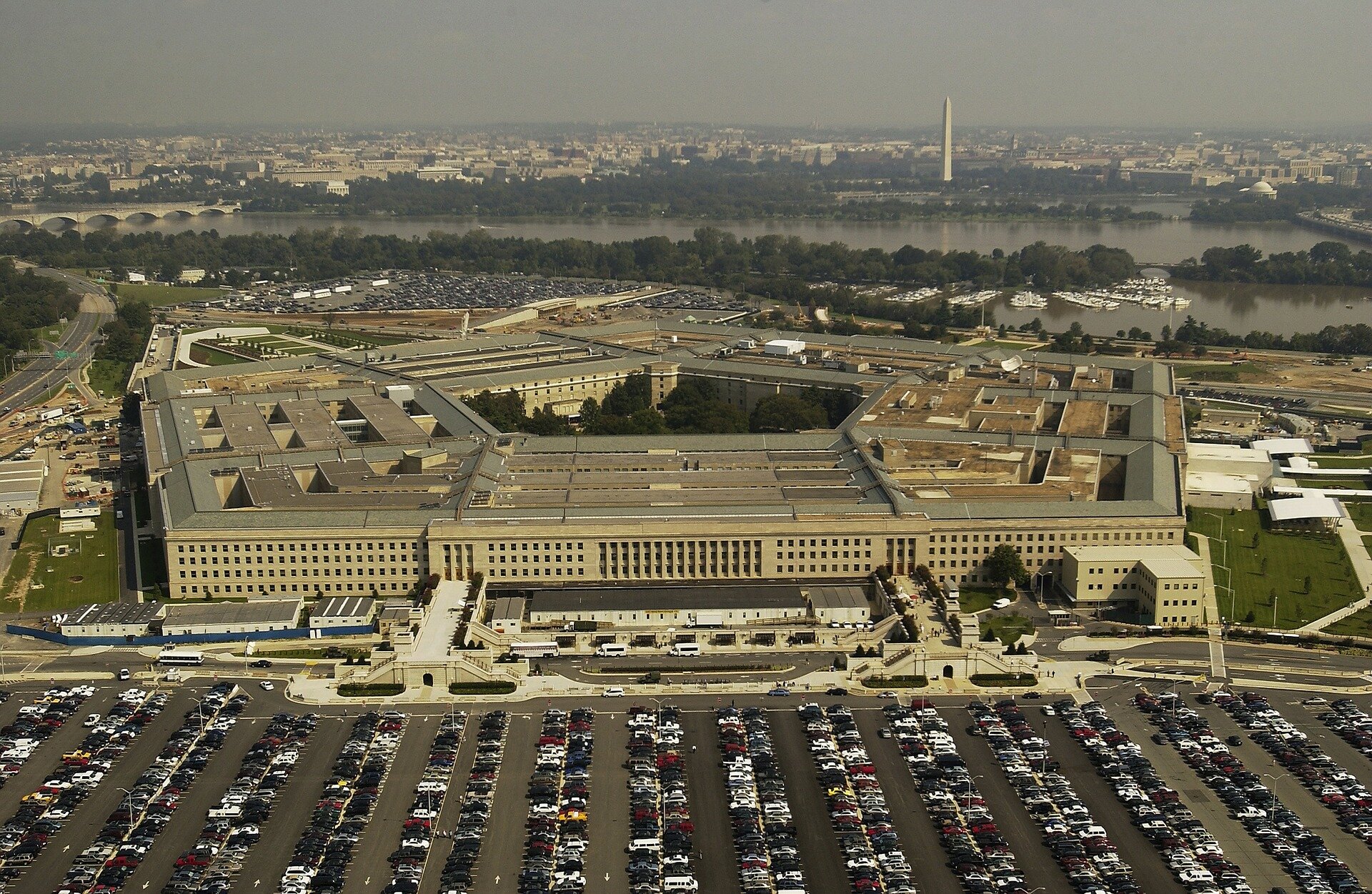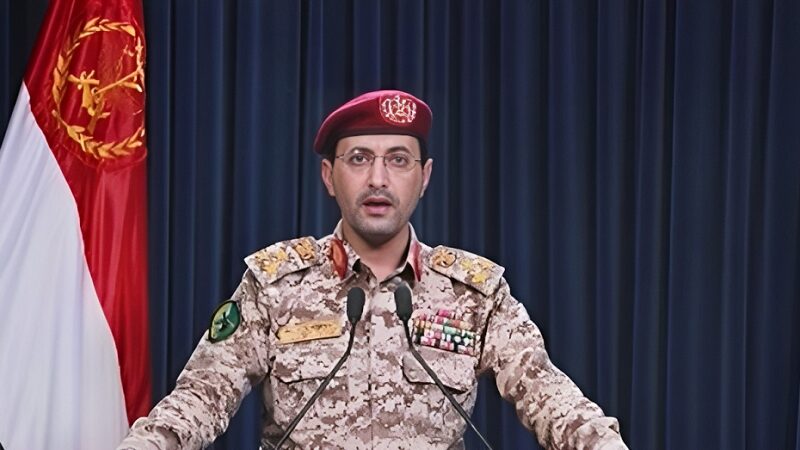Following the death of Russian opposition figure Alexei Navalny, outrage and eulogies echoed out in equal measure from the halls of power in Washington, amplified one-hundredfold by the US and UK press, and gave the sense that a champion of democracy had been assassinated by a dictator.
In 2019, following the presidential elections in Venezuela, the US channeled a chorus of Western outrage over alleged election rigging, and created a coalition made up of dozens of the most powerful nations, including the UK, Brazil, France, and Germany, to determine that Juan Guaido, the one-term leader of the Venezuelan parliament and head of an obscure right-wing party, was the legitimate head of state in the country—a man who got 2% of the national vote, and who 81% of Venezuelans had never even heard of.
What do these two men, Juan Guaido, and Alexei Navalny, have in common? On the surface, very little. Coming from different continents, Guaido was the leader of Popular Will, a fringe political faction known for street fights, when he won the leadership of the National Assembly at age 35, while Navalny cut his teeth in the political sphere as an investigative journalist and founder of the Anti-Corruption Foundation which investigated the personal finances of members of the Russian government.
On the surface of corporate media outlets, both men appear as champions of democracy. Bloomberg News editorial board applauded Guaido for seeking “restoration of democracy” and the Wall Street Journal declared him “a new democratic leader”. The Guardian editorial board called Navalny “a hero of our time,” and the New York Times described the man as “known for his innovative tactics in… promoting democracy”.
But there’s a reason that Guaido was called “more popular outside Venezuela than inside,” and there’s a reason that Navalny’s murderous immigration policy proposals and support for the annexation of Crimea don’t make it into these headlines. That’s because in the eyes of Washington D.C., and the West more broadly, these political figures offered in-roads into nations where Washington’s will was unwelcome.
Navalny: lionized champion and unpopular xenophobe
The five largest corporate media outlets in America ran a total of 731 articles or segments that discussed or mentioned Navalny’s death the week following its announcement, the investigative outlet Mintpress reports.
The four outlets mentioned above were quoted here because the descriptions of the two men were presented somewhat on behalf of the outlets themselves. A search for what heads of state, or other senior politicians in the EU and North America thought of the Navalny death, which officially was blamed on a blood clot, shows that as a body they didn’t spare a word for modesty or temperance.
Nearly all statements across Europe and North America imply that Putin was directly responsible for Navalny’s death, that Navalny himself was a hero, or that assassination is the cost of standing up to Putin.
“His support in Russia has been greatly exaggerated by the Western press,” explains Katya Kazbek, a Krasnodar-born New Yorker who’s editor-in-chief of Supamodu, in the aftermath of Navalny’s 2021 poisoning, according to The Grayzone. “He is not Nazi enough for the ultra-right, too right-wing for leftists, spooks some liberals with his pro-gun stance and uncertain position on Crime”.
“He seems to only find full support in those who want to switch from Putin’s government by any means necessary and don’t really care about views or policies,” she says, adding that in a Muscovite popularity poll, Navalny as a political figure was chosen as the most trustworthy by just 2% of those surveyed.
Journalist Ted Snider has a similarly broad view of Navalny’s character. His reporting shows that the man isn’t quite a champion of democracy, or at least any American alive today, if sharing the democratic system with Mr. Navalny, wouldn’t want him anywhere near the levers of power.
“Navalny began his political career as a member of the social liberal Yabloko Party. But, in 2007, they expelled him for ‘causing political damage to the party; in particular, for nationalist activities.’ Those ‘nationalist activities’ included posting a video that called immigrants ‘cockroaches’ who were infesting Russia and advocated that the solution was shooting them,” Snider writes, adding Navalny developed a slogan “stop feeding the Caucasus” in reference to the Islamic areas like Chechnya.
“[I]t is fitting to remember that it was Navalny’s policy that Crimea not be returned to Ukraine,” Snider continues. “It is also fitting to remember that Navalny supported Russia’s military involvement in Georgia in 2008“.
“Secretary of State Antony Blinken in the past called Navalny ‘a voice of millions and millions of Russians,'” Snider concludes. “But by the 2018 elections, ‘barely a thousand turned up in Moscow,’ University of Kent Russia scholar Richard Sakwa reports, ‘in response to his call for a ‘voters’ strike'”.
By then, his polling support was in the single digits.

Groomed for regime change
Another opposition figure closely associated with single-digit polling, Venezuelan Juan Guaido was exposed rapidly by investigative journalists as a Washington insider, and that the sudden chorus of support for his candidacy couldn’t be explained any other way.
For starters, following the 2018 presidential elections in Venezuela, major international and national election monitors reported that despite a low voter turnout, the country’s elections were transparent and conducted in a way that all parties expressed confidence in. This same was true for the following midterms.
Despite this, 46 countries were conned into believing the re-election of Chavista President Nicolas Maduro was illegitimate, a fact which Juan Guiado tried to express when he unilaterally declared himself the interim-president. However, nothing in the constitution permitted him to do so, and he never once made a constitutional case for his self-nomination.
Instead, Venezuela Analysis and other sites pegged the attempt to seize power by Guaido as a US-sponsored coup d’etat, and The Grayzone dug through the Stratfor leaks published by Julian Assange to demonstrate that Guaido and almost all his party allies were groomed by D.C.-funded, right-wing, NGOs to be a man on the inside.
From 2007 to 2009, groups like Guaido’s Popular Will were implicated in radical acts of destabilizing the electricity gird and conductive violent street marches, all while receiving upwards of $50 million from the National Endowment for Democracy (NED), USAID, and other groups. Then following Guaido’s street putsch attempt in April 2019, Latin American senators and the Neoconservative arm of the Trump Administration in Washington did everything they could to assist Guaido, including allowing the embassy in Washington D.C. to be taken over by Guaido appointees, and making the lives of Venezuelans as miserable as possible by imposing heavy sanctions.
Guaido proved to be a failed investment for the goal of regime change, however. As difficult as it was to find details of his nature in corporate media during the unrest he created following the 2018 elections and the 2019 coup attempt, for Venezuelans it was painfully obvious—their nation had already been overthrown by Washington in 2002.
Maduro is up for re-election this year, and a close ally of Guaido (who has long-since lost his seat at the National Assembly and left the country) seems to be taking over where he left off. Maria Corina Machado was implicated in an assassination attempt against Maduro in 2015, and was banned from seeking political office. Founder of the NED-funded group, Sumate, Machado was the liaison in Washington for the opposition from 2005 to 2010 that included Guaido when he was just fledging.
Now, Machado seems to be planning to run against Maduro, and bring more NED money with her into the country. The NED also funded Navalny’s activist group Democratic Alternative, the State Department Cables from Wikileaks revealed.
In both cases, Guaido in 2019, and Navalny in 2024, investigative journalist Alan Macleod referenced the 1988 book Manufacturing Consent by Edward Herman and Noam Chomsky which stated that media will cover international events like elections, massacres, and assassinations, as far as it damages the reputation of America’s enemies and hides the potential reputational damage of its allies. The academics compared media coverage in Latin American countries like Guatemala and Nicaragua, while Macleod takes the same approach for Colombia and Venezuela.
These figures: Navalny, Guaido, and perhaps Machado to come, appear like rogue waves out of the blue to soak 24-hour news cycles. The reason is because they are point men (and women) for a hostile foreign power. When they emerge, they deserve the harshest skepticism.
Navalny was indeed heroic in the sense that his anti-corruption activities were uniquely successful in the short history of the Russian Federation, but with NED money backing him, and mainstream media lionizing him, his motives for seeking power should have been considered devious until proven righteous. WaL
PICTURED ABOVE: Navalny, center, at a meeting of the Central Election Commission in December 2017. PC: Evgeny Feldman, Wikimedia Commons, CC BY-SA 4.0



